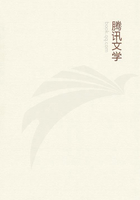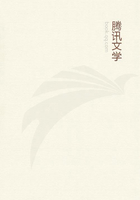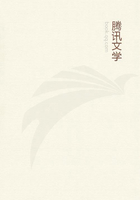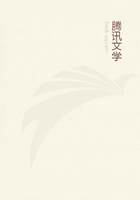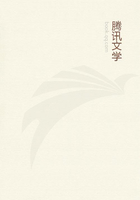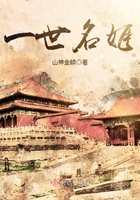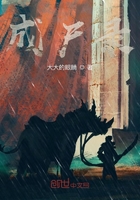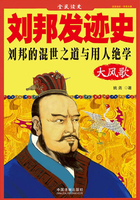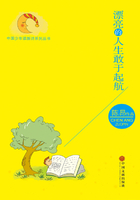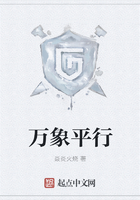Equality of Classes Every period of civilization which forms a complete and consistent whole manifests itself not only in political life, in religion, art, and science, but also sets its characteristic stamp on social life.
Thus the Middle Ages had their courtly and aristocratic manners and etiquette, differing but little in the various countries of Europe, as well as their peculiar forms of middle-class life.
Italian customs at the time of the Renaissance offer in these respects the sharpest contrasts to medievalism.The foundation on which they rest is wholly different.Social intercourse in its highest and most perfect form now ignored all distinctions of caste, and was based simply on the existence of an educated class as we now understand the word.Birth and origin were without influence, unless combined with leisure and inherited wealth.Yet this assertion must not be taken in an absolute and unqualified sense, since medieval distinctions still sometimes made themselves felt to a greater or less degree, if only as a means of maintaining equality with the aristocratic pretensions of the less advanced countries of Europe.But the main current of the time went steadily towards the fusion of classes in the modern sense of the phrase.
The fact was of vital importance that, from certainly the twelfth century onwards, the nobles and the burghers dwelt together within the walls of the cities.The interests and pleasures of both classes were thus identified, and the feudal lord learned to look at society from another point of view than that of his mountain castle.The Church, too, in Italy never suffered itself, as in northern countries, to be used as a means of providing for the younger sons of noble families.
Bishoprics, abbacies, and canonries were often given from the most unworthy motives, but still not according to the pedigrees of the applicants; and if the bishops in Italy were more numerous, poorer, and, as a rule, destitute of all sovereign rights, they still lived in the cities where their cathedrals stood, and formed, together with their chapters, an important element in the cultivated society of the place.In the age of despots and absolute princes which followed, the nobility in most of the cities had the motives and the leisure to give themselves up to a private life free from the political danger and adorned with all that was elegant and enjoyable, but at the same time hardly distinguishable from that of the wealthy burgher.And after the time of Dante, when the new poetry and literature were in the hands of all Italy, when to this was added the revival of ancient culture and the new interest in man as such, when the successful Condottiere became a prince, and not only good birth, but legitimate birth, ceased to be indispensable for a throne, it might well seem that the age of equality had dawned, and the belief in nobility vanished for ever.
From a theoretical point of view, when the appeal was made to antiquity, the conception of nobility could be both justified and condemned from Aristotle alone.Dante, for example, derives from Aristotle's definition, 'Nobility rests on excellence and inherited wealth,' his own saying, 'Nobility rests on personal excellence or on that of forefathers.' But elsewhere he is not satisfied with this conclusion.He blames himself, because even in Paradise, while talking with his ancestor Cacciaguida, he made mention of his noble origin, which is but a mantle from which time is ever cutting something away, unless we ourselves add daily fresh worth to it.And in the 'Convito'
he disconnects 'nobile' and 'nobilita' from every condition of birth, and identifies the idea with the capacity for moral and intellectual eminence, laying a special stress on high culture by calling 'nobilita'
the sister of 'filosofia.'

